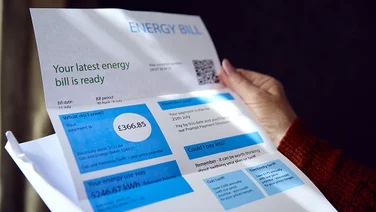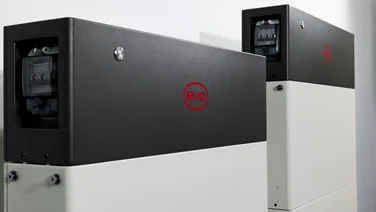- Drivers of petrol cars paid £540 more in 2024, compared to EV drivers
- In 2024, more than 350,000 EVs will likely have been sold in the UK
- Drivers of the top 10 selling EVs of 2023 will enjoy a ‘battery bonus’ of £1,300 a year in lower ownership costs

Drivers of the top 10 selling petrol cars of 2024 paid an additional ‘petrol premium’ of £540 a year to run compared to electric vehicles (EV), new analysis from the Energy and Climate Intelligence Unit (ECIU) has found.
Colin Walker, transport analyst at the ECIU said that drivers of the top 10 selling EVs of 2023 – such as the Tesla Model Y, the Audi Q4 and the MG4 – will enjoy a ‘battery bonus’ of £1,300 a year in lower ownership costs, despite the extra cost.
The research also found that over the course of their lifetimes, all petrol cars sold in 2024 will cost more than £5bn.
In separate analysis, the ECIU said that more than 350,000 EVs were sold in the UK in 2024 and that the country is on track to meet the Zero Emissions Vehicle Mandate (ZEV) target of 22%.
The ZEV Mandate allowed credits to hit the policy’s targets to be earned, not just from the sale of EVs, but also from the sale of large numbers of low emission petrol and diesel cars.
Based on vehicle CO2 data from the Department for Transport and vehicle sales data from the Society of Motor Manufacturers and Traders (SMMT), this 22% target will be 19% of credits earned from selling EVs and credits earned for petrol and diesel cars will be more than 3%.
Walker described the £540 petrol premium as “no small sum” and said prices are being driven by manufacturers competing with each other to make mandated ZEV sales targets.
This means that those who buy new EVs can “look forward to some serious savings”, according to Walker.
He continued by saying that 80% of car sales being second hand, and EVs being very similar in price to their petrol equivalents, there are “quick savings to be had for more and more families”.
“The ZEV Mandate is critical to expanding the flow of second hand EVs to help out more families, as a new car sold this year will enter the used market in just three to four years’ time.”
If you’re considering purchasing a new or used EV this year, factor in the costs of the Vehicle Excise Duty. From April 2025, the following changes will be implemented:
- For new EVs registered on or after 1 April 2025: The first year rate for EVs will increase to the lowest band of £10 until 2029-30. From the second year, EVs will be subject to the standard annual rate. This is currently set at £195, but is subject to change as the government sets these prices.
- For EVs registered between 1 April 2017 and 31 March 2025: These EVs will automatically transition to the standard rate of £195 annually starting from April 2025.
- Luxury car tax or expensive car supplement: EVs with a list price of £40,000 or more will be subject to an expensive car supplement tax of £355 annually – on top of VED – for the first five years following the first year registration.
There are also price changes for cars, motorbikes and vans, creating a larger gap between EVs and standard cars, which include:
- Cars emitting 1-50g/km of CO2, including hybrids, will increase to £110
- Cars emitting 51-75g/km of CO2, including hybrids, will increase to £130
- All other rates emitting above this will double from the current charge






